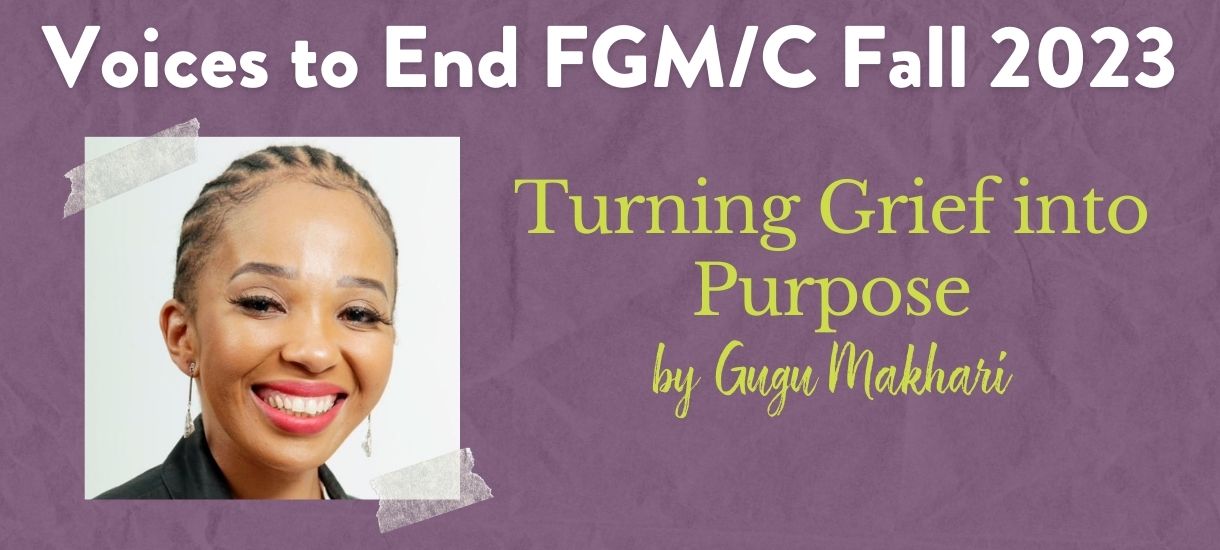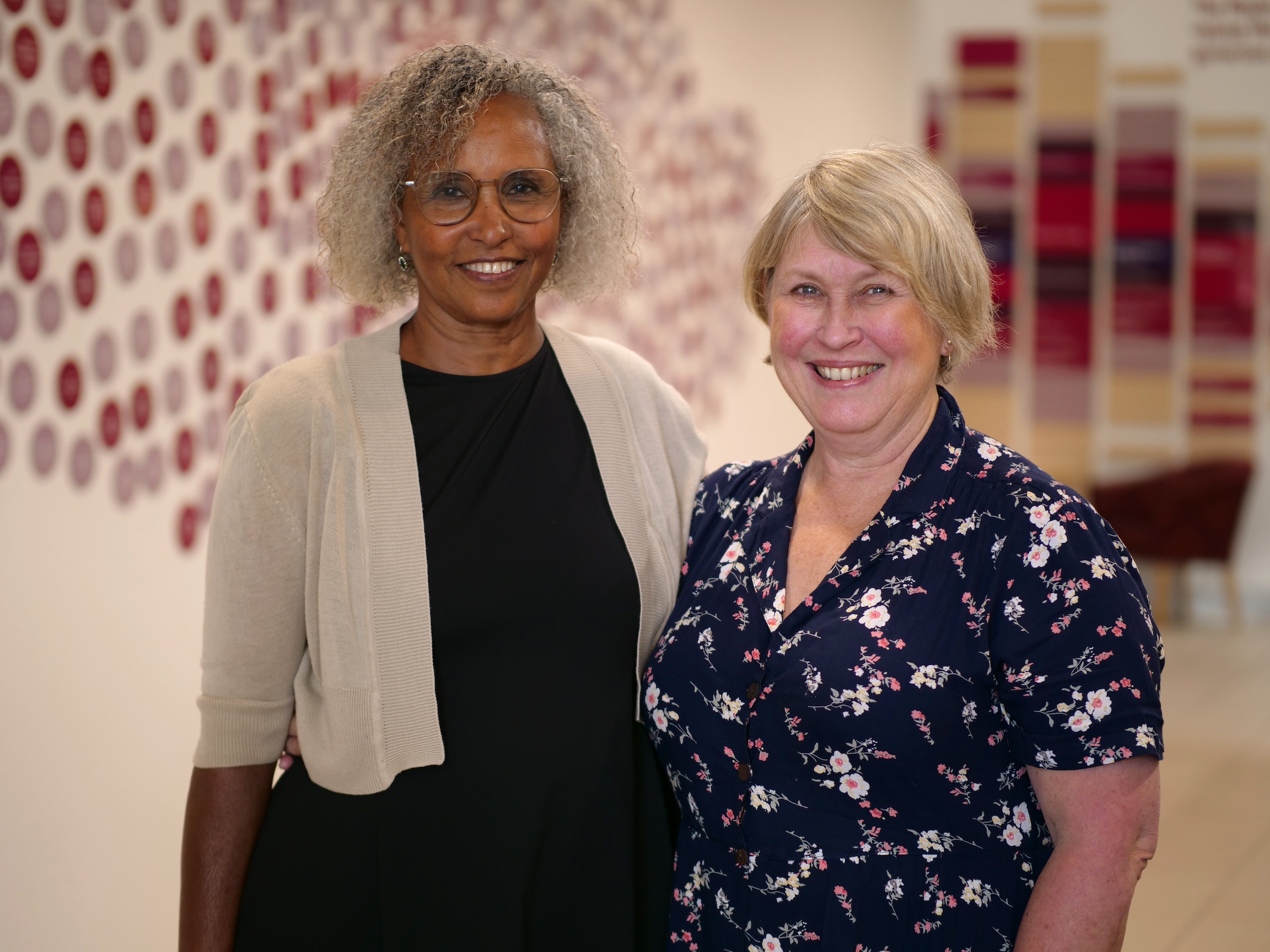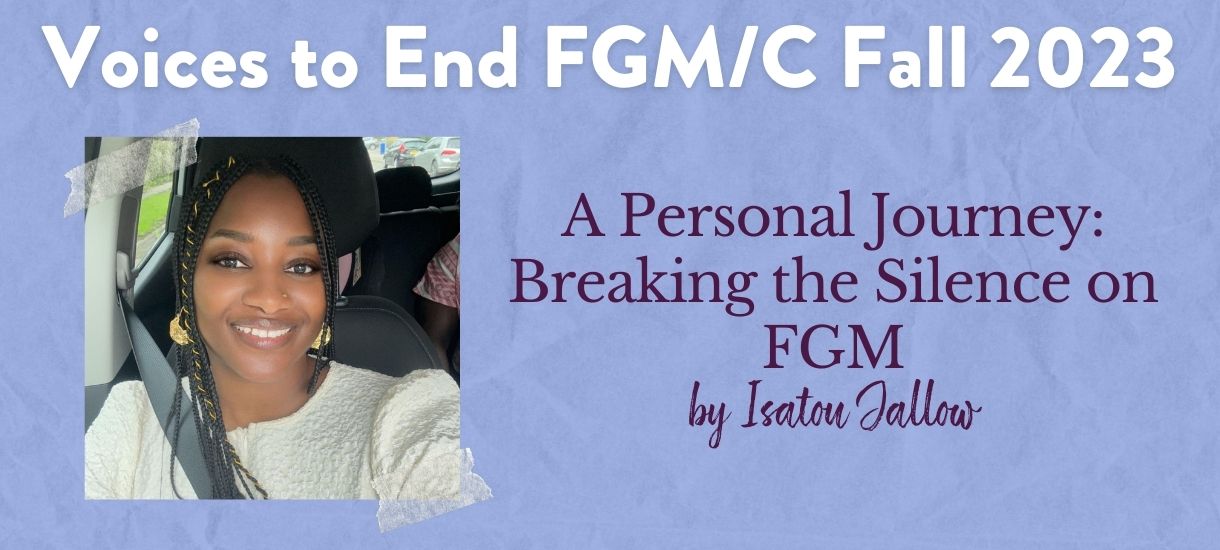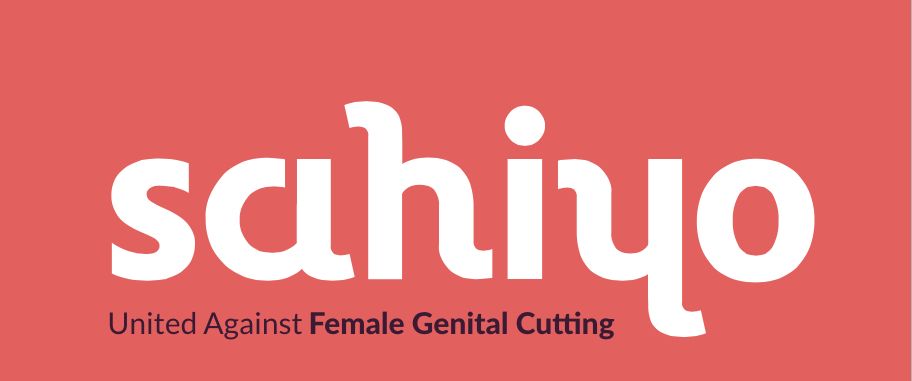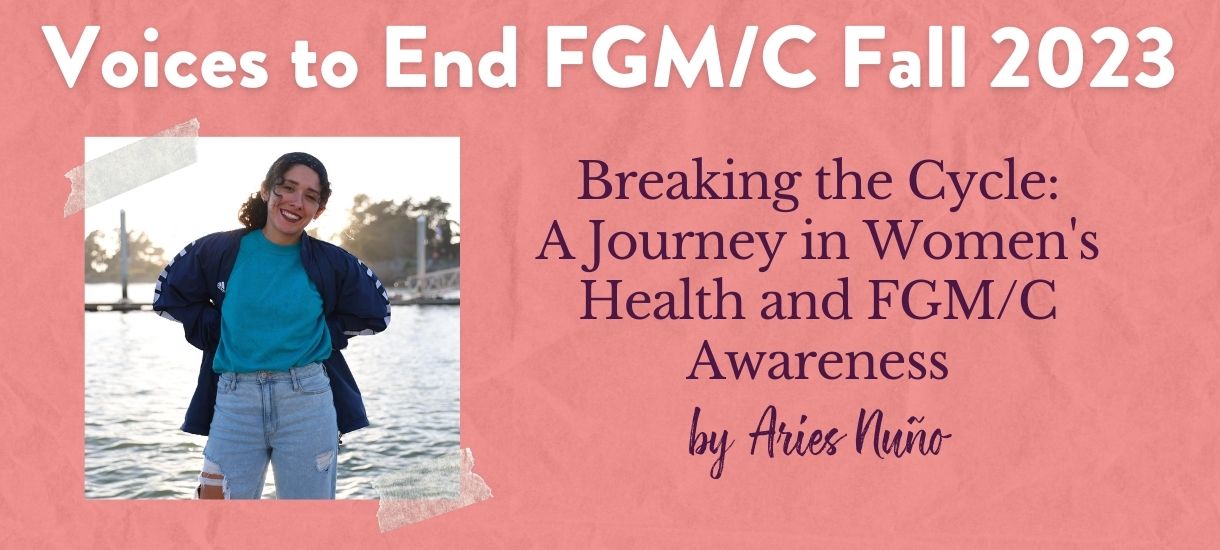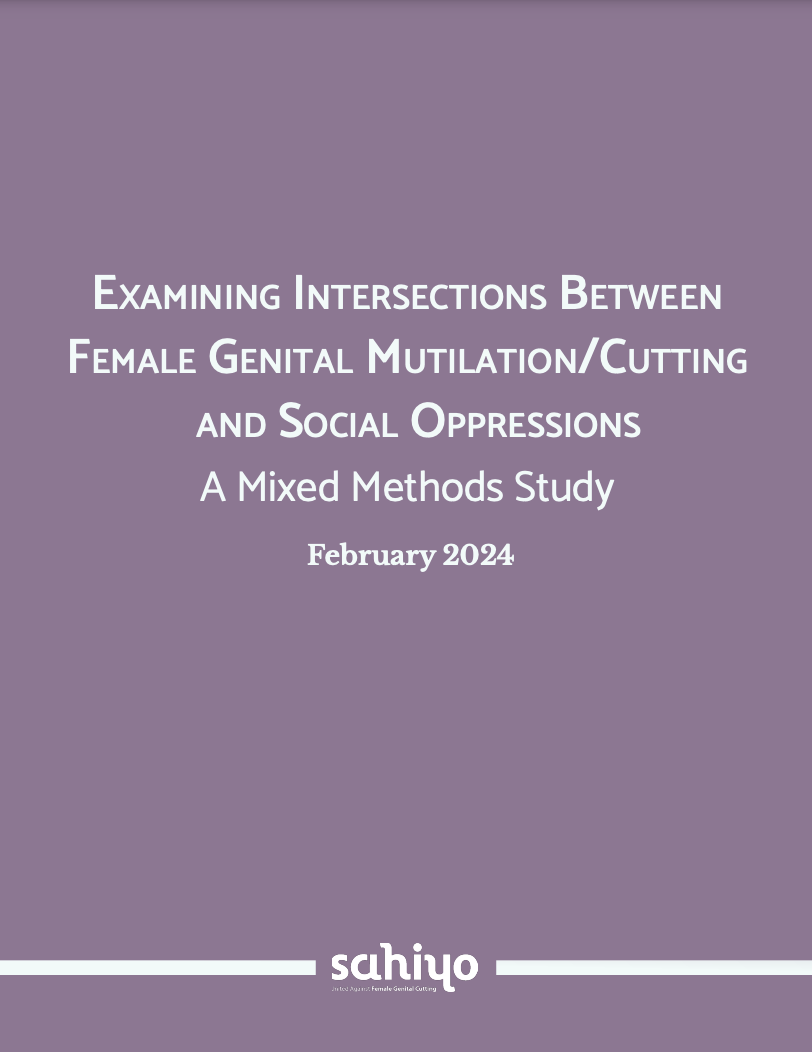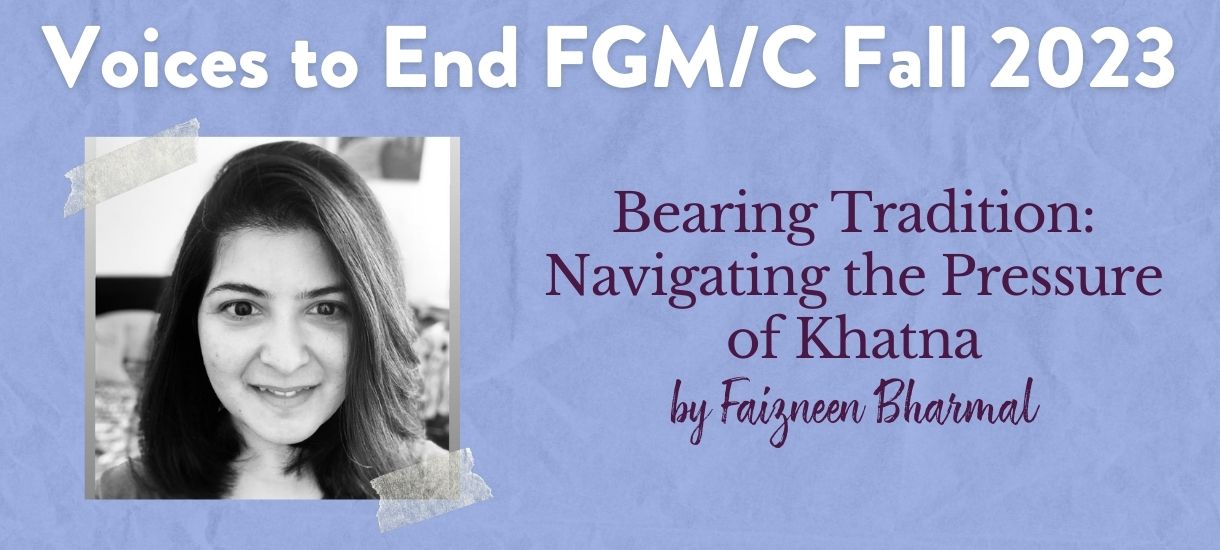Gugu Makhari learned about the Voices to End FGM/C digital storytelling project through a friend and through personal research online. She wanted to share a story about how both female genital cutting (FGC) and male circumcision are normalized in her community. Those who undergo these harmful practices are often celebrated after they are cut.
“After a couple of months they come back and then we have this big ceremony where everyone comes out from different neighborhoods all together and they will go in a group and sing along cheer for them, so we're so used to that.”
But, this tradition had a painful impact on Gugu. She knew one girl who underwent FGC and never spoke to her again; and another friend who underwent male circumcision and died from the practice. These experiences affected her for life, and she still feels the loss of her close friend for the sake of tradition.
“I lost a friend and I always wanted to express myself… but I didn't know how and I didn't really have a platform to do that.”
The Voices workshop allowed her to have the space to tell her story for the first time. Gugu described her friend who died as:
“The only person I had at the time when I was going through a lot at home, that understood me and who was really supportive and really loved me genuinely. He was very close to me. So yeah, that hurts.”
Learning about her friend's death was difficult for Gugu, as their relationship was something she cherished deeply.
“When I found out about his death. I went to his home and his mom [told] me what happened, but she didn't tell me in detail. I was still a little young, in our culture…you accept what you are told and that's usually it. I'm not gonna be asking his mom why you let this happen.”
The unknown circumstances of her friend's death frustrated Gugu, not knowing what happened, and why a practice with fatal consequences occurred in her community. This is what inspired her to create a story in his memory. For her digital story, Gugu created art pieces that reflected the fun and joy that radiated from her friend.
“I was expressing myself using the art… it helps in so many ways. It was… a kind of healing, I don't know how to say it. But it also helped because it opened another door for me to really now use art as a form of expression for human rights. The art was about the culture where he came from. I have some drums that I drew in different sizes so that it resembles being heard amplifying your voice louder and louder and louder"
The Voices workshop provided her a cathartic space to tell her story, and to learn the stories of others who had undergone harmful practices like FGC.
“I've learned a lot about being confident and I learned a lot about sharing your story, how it can change other people's lives. I've been to so many workshops and events, but I didn't even feel like I was necessarily at a workshop. It felt like I was with family. And I couldn't believe that people have gone through so much pain. Hearing other people's stories made me realize that there's more for us to fight for in the world. And even if I was not directly affected, it helped for me to be there as well as a voice.”
Gugu’s choice to share her story about her friend highlights how connections can be made between the movement to end FGC and other harmful practices justified by tradition.
“I just hope people that receive this message understand how wrong this is and if there's anyone who's in my shoes who's lost a friend this way or someone they loved, that way they can get up and advocate and they can start speaking against this practice. I hope when they receive this message, they realize the danger.”
Gugulethu ‘Gugu’ Makhari is a dynamic force dedicated to championing women's rights, human rights, and youth empowerment on a global scale. As the Chair of the Commission on Women's Rights and Human Rights, she serves as a passionate advocate for change through her active involvement with the Youth Council for Global Sustainable Development Goals Inc NGO. Her commitment to creating a better world extends beyond borders, as she has also taken up the role of USA National Organizer and Coordinator for the "March For Our Planet" movement, catalyzing action for environmental sustainability. Gugu's multifaceted expertise and unwavering dedication make her an inspiring force driving positive change in diverse spheres.

